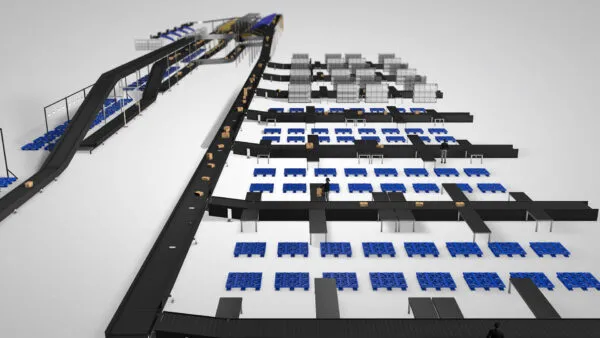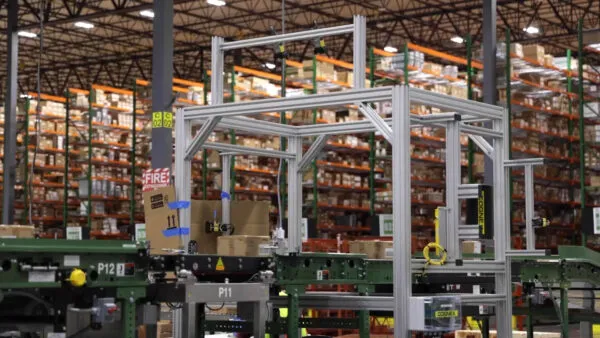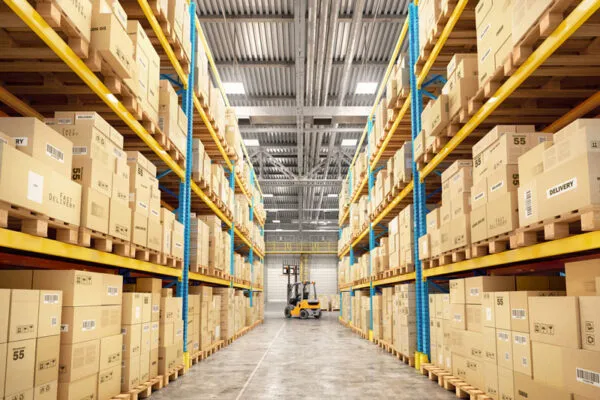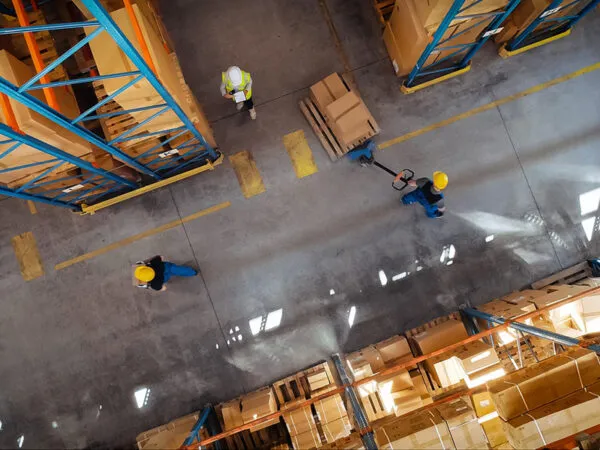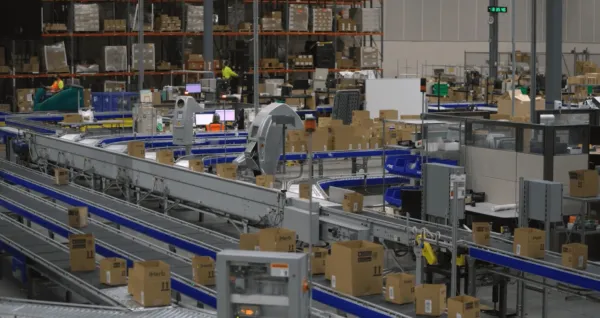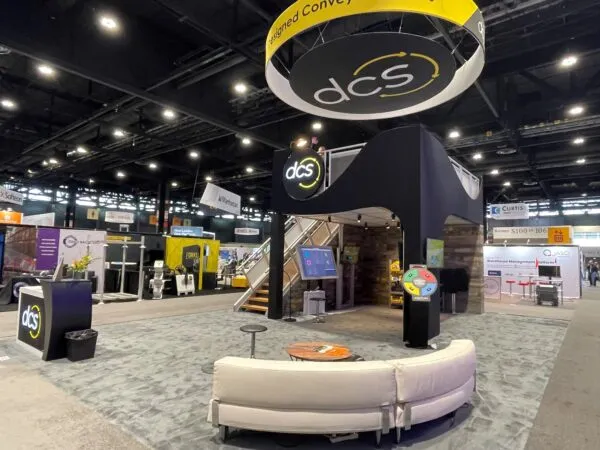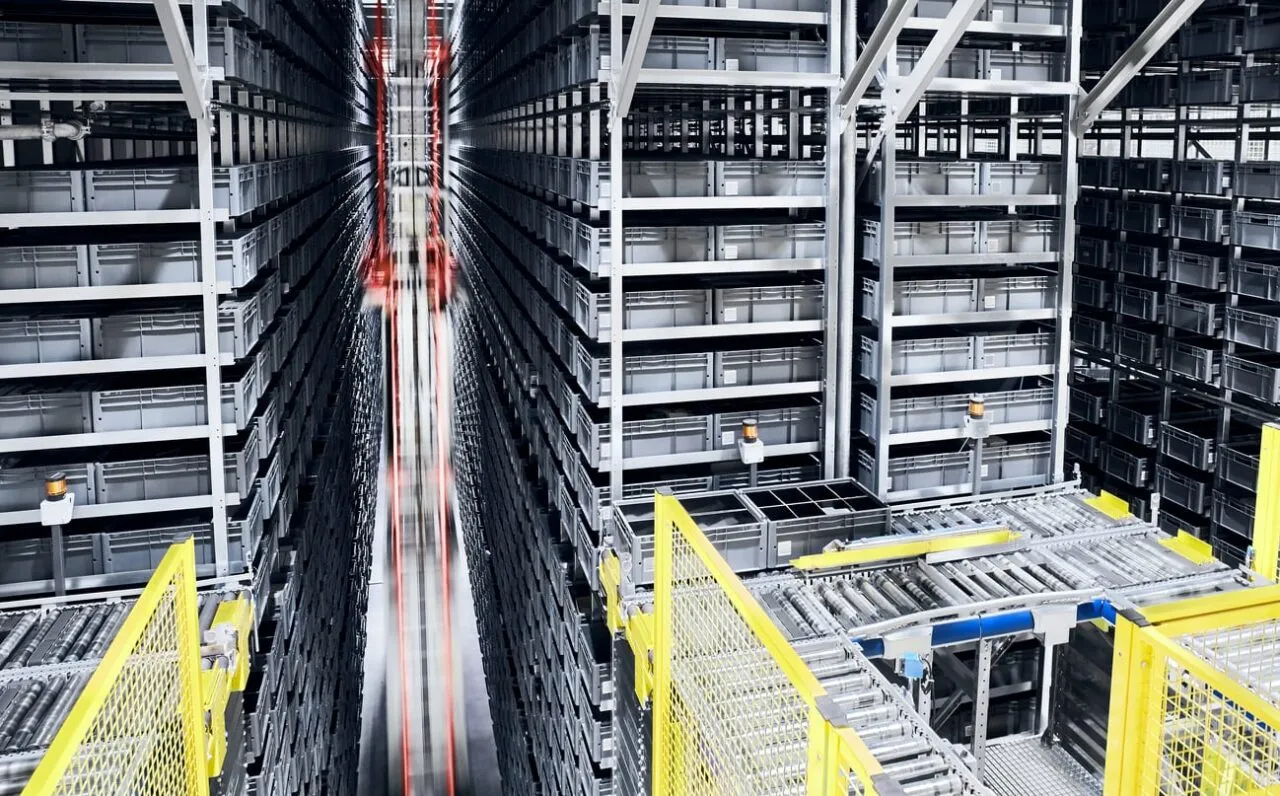The market for material handling technologies and solutions has never before offered so much choice, as evidenced by the variety of equipment and systems showcased at ProMatDX 2021. Whether an operation is looking to revamp their entire process – receiving, putaway, storage, replenishment, order fulfillment, picking, packing, sortation, or outbound shipping – or just a portion of their current flow, the range of semi-automated and fully automated warehouse solutions has become virtually (pun intended) overwhelming.
With so many offerings from hundreds of original equipment manufacturers (OEMs) and vendors of all sizes, it can be truly challenging to wade through it all.
Some companies choose to work with a single, large solution provider to outfit and equip all of their locations. In some instances, it makes sense to single-source the equipment when the solutions provided by that supplier meet all of the operation’s needs. However, a single supplier may not always offer the optimal solution for a unique facility’s given needs. Or, their solutions for one area may not be as robust or flexible as their technologies for a different process. Further, their software and automation controls are often proprietary and frequently cannot be customized to match a facility’s specific requirements without involving the OEM – even to make a minor change.
Often, however, a mix of equipment and automated solutions from multiple equipment suppliers – integrated to work as a cohesive unit – can be a better fit for the end-user. That’s because, by selecting equipment from different manufacturers, operations managers can ensure they are getting the best possible solution for each portion of their process. Further, it frequently allows them the greatest flexibility in conveyor system design and control. In some instances, this might mean integrating technologies from as many as 10 (or more) different OEMs to achieve the optimal solution.
These same companies, however, typically do not staff an in-house engineering department to design, integrate, and support the installation of the systems (although a rare few do). For this reason, many engage a third-party consultant or system integrator to help with the design of an entire system and/or to help select equipment that addresses a specific, identified process improvement.
How a supply chain consultant/material handling integrator can help:
Working with an independent, brand-agnostic consultant or integrator offers a variety of advantages by delivering both operational and bottom-line business benefits. Depending on the engagement terms, these can include:
- Unbiased evaluation of an operation’s need. Engaging an unbiased third party to perform an operational assessment can help to pinpoint the opportunities for improvement in an existing process or operation. If an organization already has a good idea of where they need to improve, this unbiased evaluation can provide validation. An independent consultant or integrator will also offer recommendations for types (but not brands) of technologies and approaches for improvement, as well as budget ranges for each.
- Investigation of different prospective solutions. The third-party consultant or integrator can also be engaged to shop potential solutions. This includes assessing available technologies whose specifications and price tags best meet the established parameters (volumes, throughput rates, flexibility, startup deadline, budget) – regardless of OEM – and best fit within the entire system holistically. By outsourcing the evaluation of all the technological options to a third party who narrows them down for operations managers to choose among a final set of optimal solutions, a tremendous amount of time and expense can be saved.
- Project design and installation management. When the scope of the project includes a full, end-to-end design of a new system for a greenfield building or the integration of a new piece of warehouse automation into an existing system. For organizations that don’t employ a team of warehouse design engineers, a supply chain consultant, or integrator brings valuable expertise. Outsourcing the design and installation of a conveyor system and material handling equipment allows an organization to continue to do what it does best without requiring integration capabilities internally.
- Support for the integrated systems. Not many operations staff a maintenance department capable of troubleshooting or repairing every piece of equipment integrated into a solution. The third-party consultant or integrator can serve as the point person for triaging issues, then arrange for remote or in-person service and repair from the appropriate source.
Looking for more ideas about the different types of equipment and technologies that might address your distribution and fulfillment challenges? To learn more about working with DCS, we invite you to connect with us.
